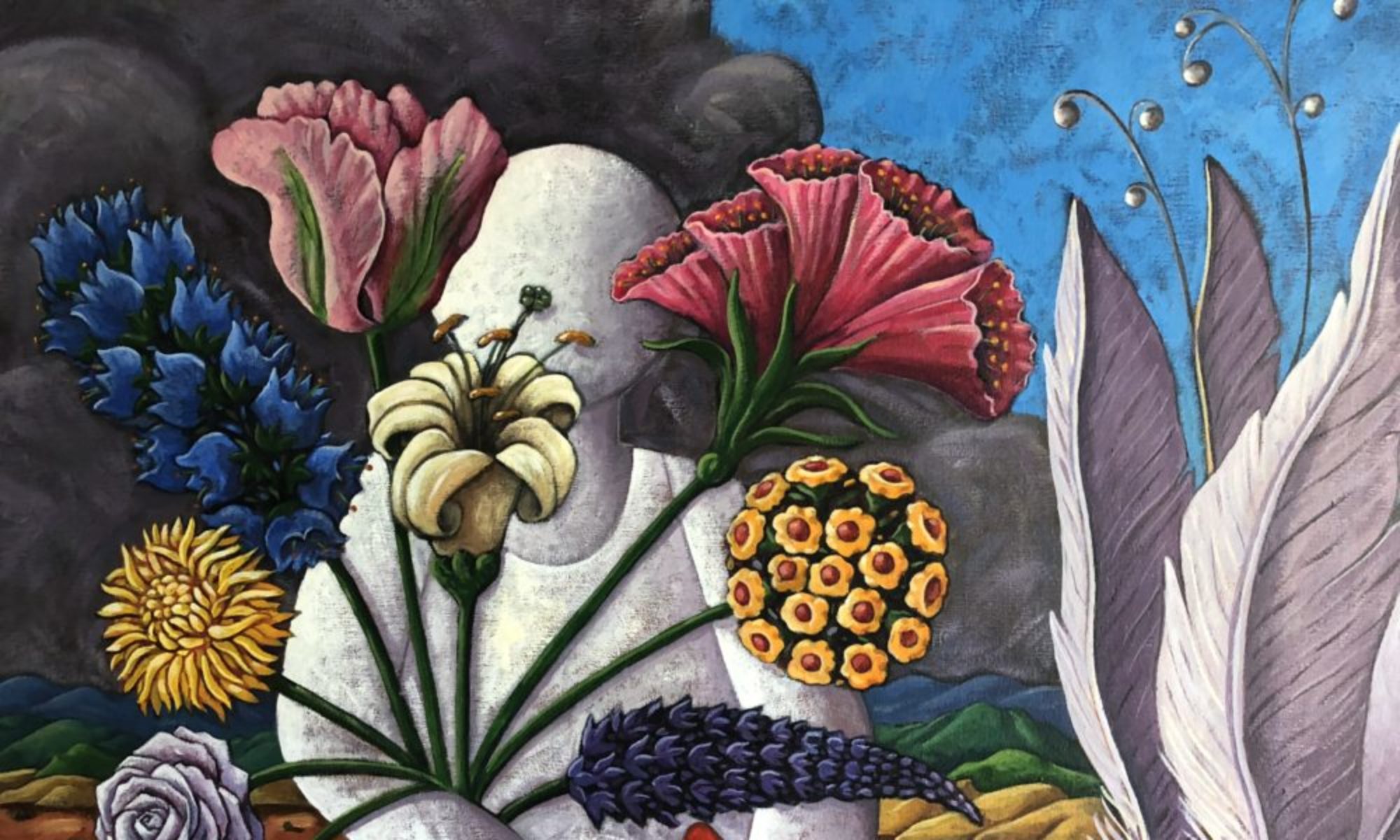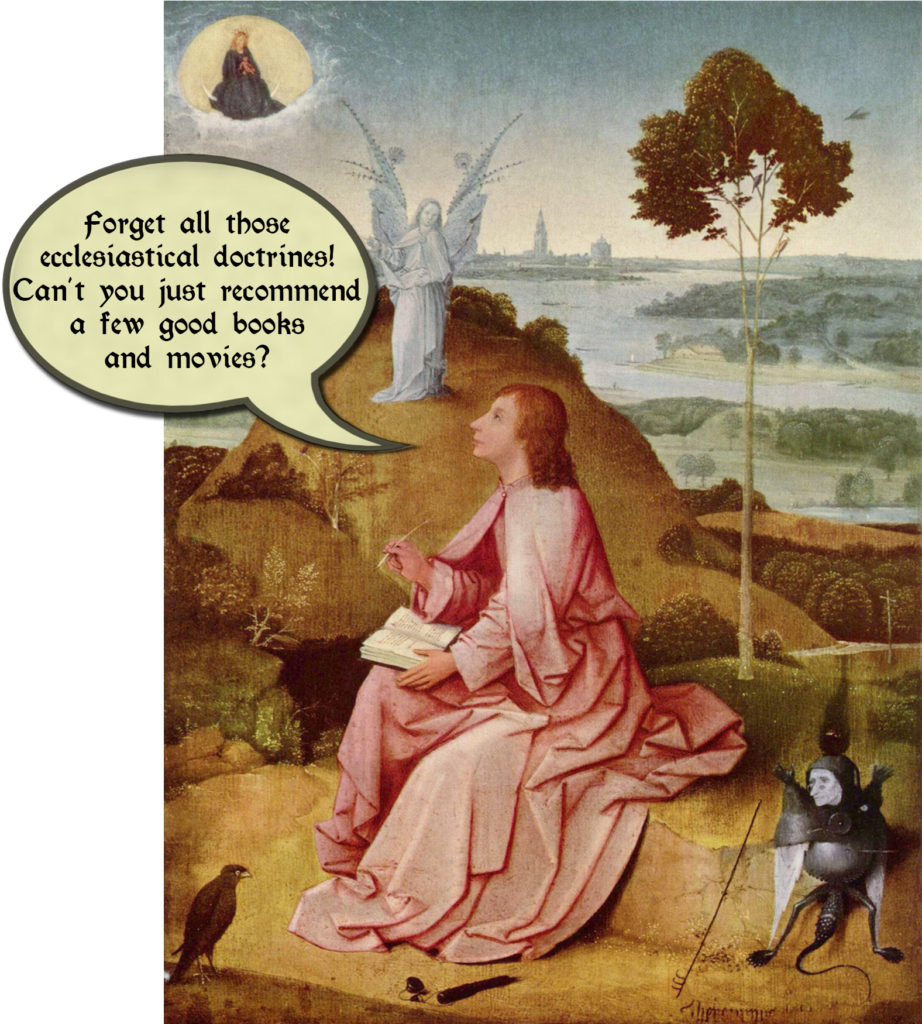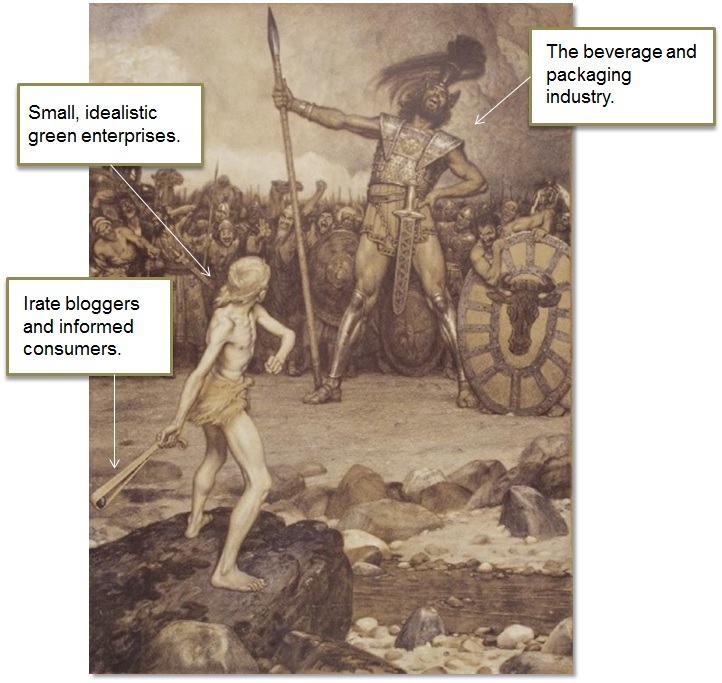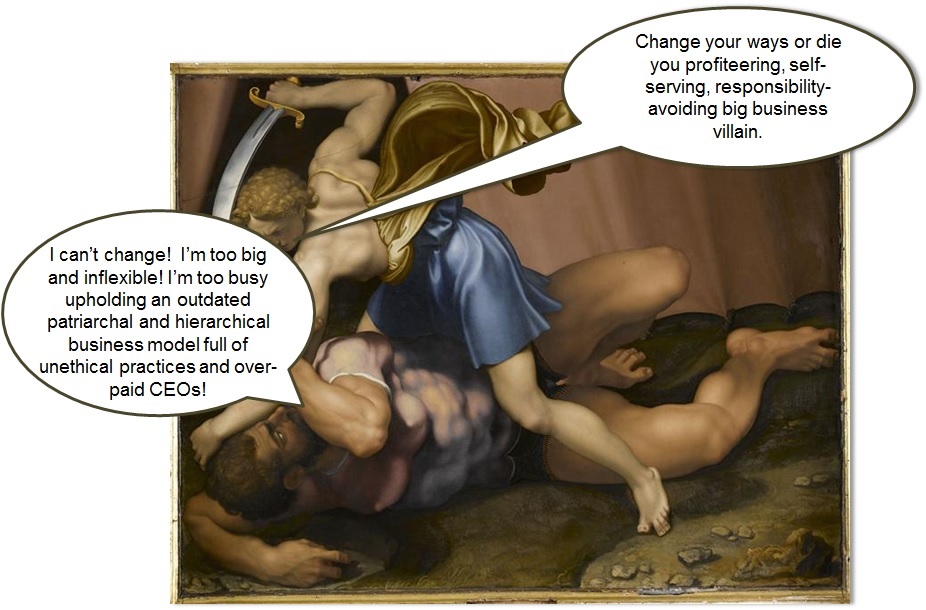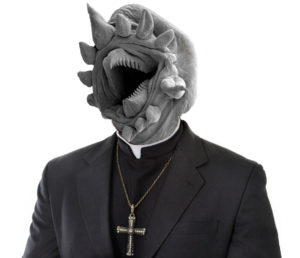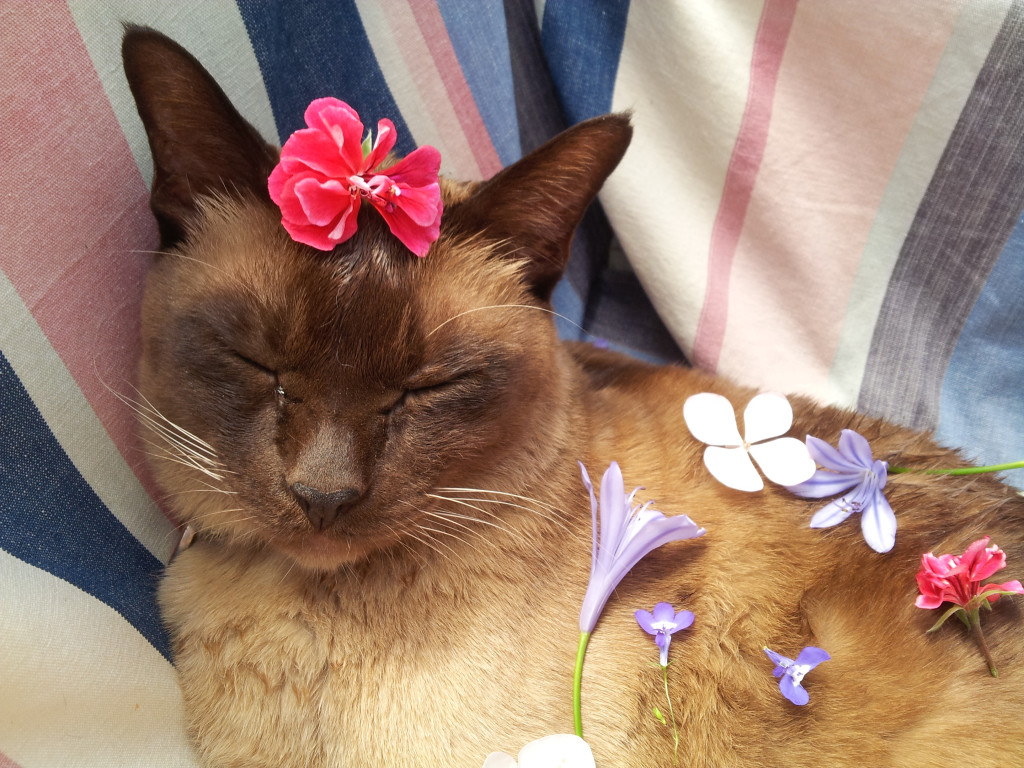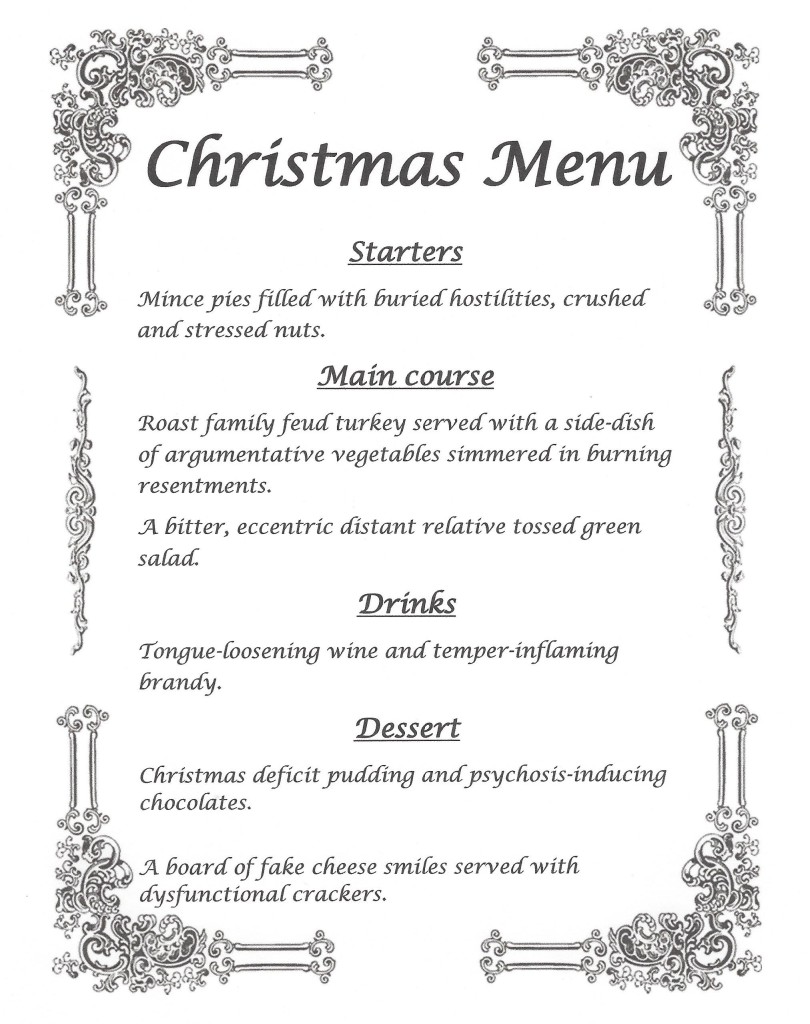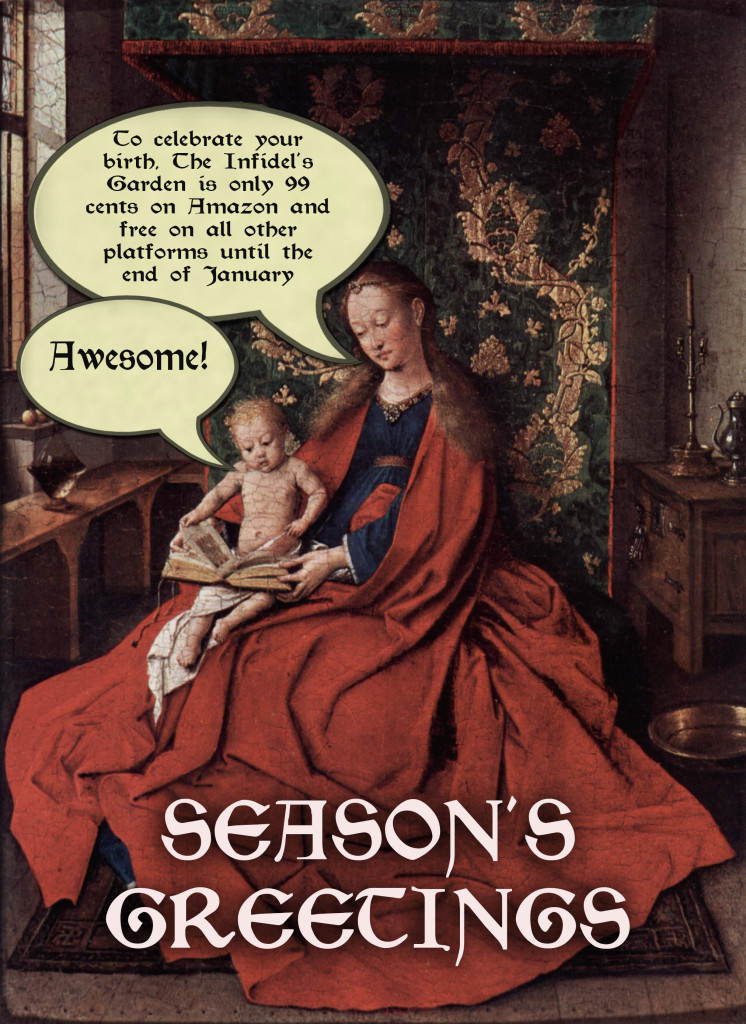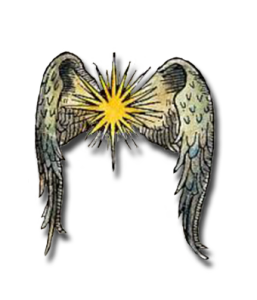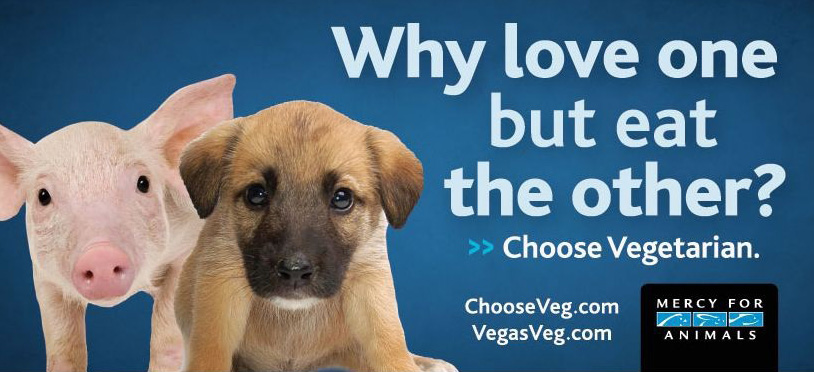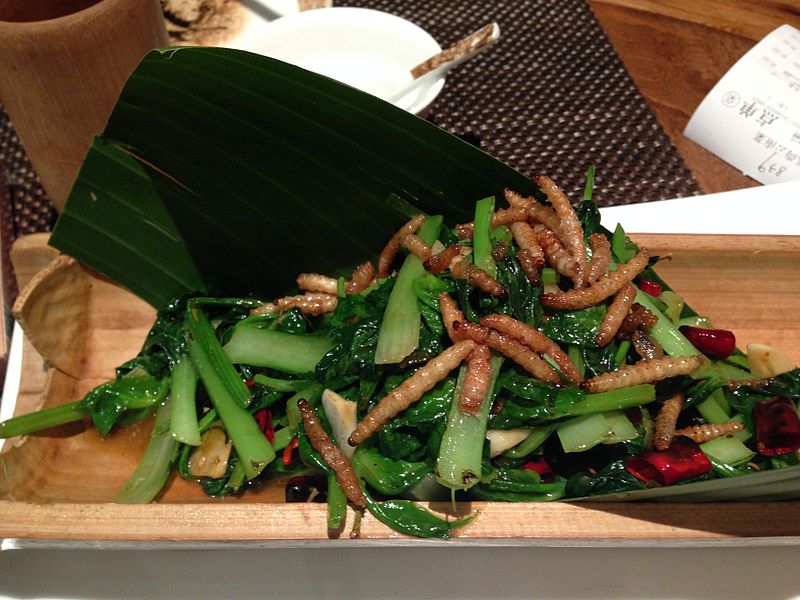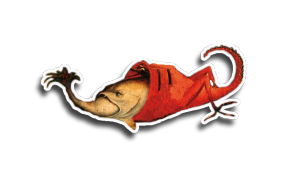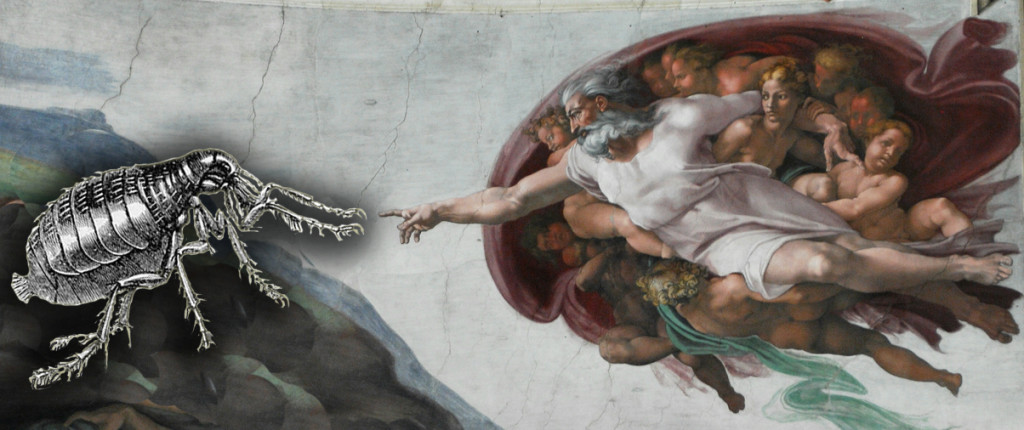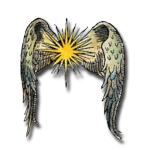As we farewell the star-swallowing black hole that was 2016 – a year in which truth took an extended holiday and is currently threatening to permanently depart our little blue planet, do we need to redefine our relationship with reality?
Amid the racket of tweets and soundbites, exhortations and accusations, fact and its close relative truth have flown off with the fairies. So it comes as no surprise that the Oxford Dictionary has declared ‘post-truth’ as the word of the year. Never mind it’s two words – that’s so post-truth, it’s perfect.
So how do we coax truth and trust back to our watery world?
Through religion? Oh my God. That word is so loaded the martyr’s sword is already at my throat. After all, one person’s profound truth is another’s fairy tale. Religions, in their various incarnations, have been plagued by lies, corruption and power-plays since the first ape-man looked up to the heavens in wonder. Our ambivalent relationship with this complex ideology is beautifully summed up words of the 14th century Person mystical poet Hafiz: “The great religions are the ships, the poets the life boats and every sane person I know has jumped overboard.”
What about science? Even this embracer of reason and empiricism is suffering a crisis of epic proportions. This year polls – those supposedly scientific predictors of opinion – have failed. Twice and sensationally. But the current debate over human-influenced climate change must be the biggest clanger. Despite all that evidence (rising Co2 levels, studies, graphs and expert’s warnings) the deniers, with their political and corporate agendas, are shouting so loud, the sound waves from their cries are enough to dislodge another sheet of ice from a melting glacier.
After all, quietly rising sea levels of evidence are far less sexy than greed and bellicose subjectivity.
So as I sit and steam like a frog in boiling water in record Sydney heat, I can’t help but think we need to completely change our relationship with truth.
If we can’t even trust science where do we turn? To art, of course.
I predict, as the final nail is hammered into the coffin of 2016, that 2017 will be the Year of the True Lie. Art, after all, is honest in its homage to illusion. It begins as nothing more than a work of imagination. And this is where things get interesting. Embedded in visual and literary fictions, we often unearth unassailable truths about the world and the human condition. It’s all about perspective. After all, when we ponder the fathomless mysteries of the universe or look deep into the mind-bending quantum world, we‘re reminded of how we are limited by our perceptions. In the end, we’re forced back to ourselves – our consciousness – the ultimate conductor of reality.
I’m not the first to suggest we may be residing inside some kind of celestial simulacrum. So. If everything is an illusion, then art is the mirror that reflects this ultimate truth. Look how entire tracts and moods of history have been captured in a sublime work of art, literature or music. Look at Picasso’s Guernica. Or Goya’s Satan devouring his children. Veils of propaganda, tradition and propriety have been pushed aside to reveal humanity in its darkest moments.
2016, not only the year of post truth, was also the 500th anniversary of the passing Hieronymus Bosch – an artist who depicted the corruptions of the clergy through his weird and wonderful paintings. History is filled with master illusionists distilling the reality of the human condition. Art after all, captures truths we have yet to fathom.
And in this past Year of the Lie, I’ve discovered some glowing illusionistic stars. I’m delighted Liane Moriarty’s wonderful novel ‘Big Little Lies’ is being made into a television series. It’s a masterful study of the lies we not only tell others, but ourselves.
For really frightening reading, there’s Ian Leslie’s ‘Born Liars’ – a book driven by the premise that humanity has conquered the planet because we have evolved into masters of self-deceit.
Then there’s the fabulous movie ‘Arrival’ – which examines how language shapes our perception of time and reality. And ‘The Light Between Oceans’ – a beautiful, heart-breaking book by M L Stedman and now an excellent movie – shows us how sometimes right and wrong can look exactly the same.
It’s a truth universally acknowledged that in troubled times, people turn to fantasy. In 2017 there will be so much political crap flying out of the global fan that many who can afford to do so (and many who can’t) will retreat into illusion.
So 2017 will be a year to look to art as the ultimate purveyor of truth. The Year of the True Lie. A year in which we must confront the fictions of our own existence through monumental escapism –imagined journeys to exotic foreign worlds where we must prise open our minds, shatter and then mend our broken hearts. All from the safety of our couches.
And thanks to these fictions, 2017 will be a year in which we turn back towards the truth. And hopefully do something real to build the world of our dreams.
